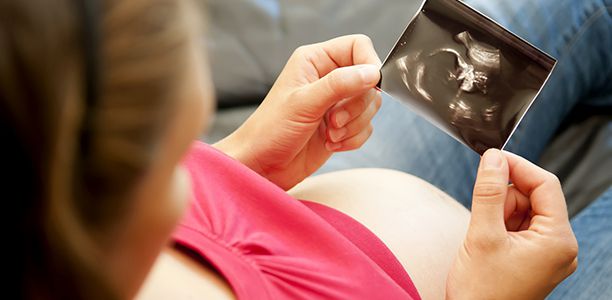Babies of teenage mothers often experience poorer health outcomes than babies born to women just a few years older, according to the Australian Institute of Health and Welfare’s (AIHW) first report on this subject.
The report, Teenage mothers in Australia 2015, shows that about 8,200 teenage mothers gave birth to 8,300 babies (3% of all babies) in 2015, down from 11,800 teenage mothers giving birth a decade earlier. Almost three-quarters of teenage mothers were aged 18 or 19.
‘Despite the majority of teenage mothers being in their late teenage years, the outcomes for their babies are often poorer than for mothers just a few years older (20-24 years),’ said AIHW spokesperson Dr Fadwa Al-Yaman
Compared to babies born to mothers aged 20–24 years, more babies born to teenage mothers were premature (11% compared with 9%), of low birthweight (10% compared with 8%) and more likely to require admission to special care nursery (21% compared to 17%).
‘The differences between teenage mothers and those in the slightly older age group is due in part to a large number of teenage mothers living in low socioeconomic areas,’ said Dr Al-Yaman.
Two in five (42%) teenage mothers lived in Australia’s lowest socioeconomic areas, compared with one-third (34%) of mothers aged 20–24 years. Very remote areas follow a similar trend, with a high proportion of teenage mothers living in these areas.
‘These differences in baby outcomes could also be due to the higher smoking rates during pregnancy, with 1 in 4 teenage mother smoking during pregnancy compared to 1 in 6 of those aged 20-24,’ said Dr Al-Yaman.
One in 4 (24%) of teenage mothers identified as Aboriginal and/or Torres Strait Islander, with Indigenous teenage mothers almost twice as likely to smoke during pregnancy as non-Indigenous teenage mothers.
The report shows, however, that there were some positive outcomes for teenage mothers. Teenage mothers were less likely to have gestational diabetes and less likely to require a caesarean section than mothers aged 20–24 years.
‘By looking specifically at teenage mothers in today’s report, we can understand better how they compare to other mothers in Australia, and what factors may influence the health and well-being of these young women and their babies,’ said Dr Al-Yaman.
Last month, the AIHW released a report showing that the health of Australia’s mothers and babies varies by where they live, likewise demonstrating a clear pattern of poorer outcomes for those living in low socioeconomic areas.










